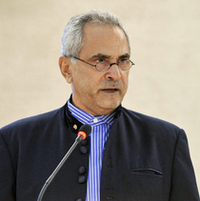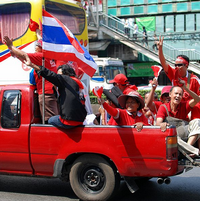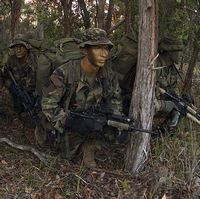
When Timor-Leste’s President José Ramos-Horta survived an assassination attempt two years ago, he forgave the rebel leader behind it. Similarly, he has struck a conciliatory tone with Indonesia, despite its violent 1975-1999 occupation of Timor-Leste, and focused on the growing political and economic ties between the two countries. His leadership has emphasized the value of moving beyond the past. But in this interview, Ramos-Horta, who shared a Nobel Peace Prize in 1996 for his nonviolent work toward independence, reflects on the successes and failures of the U.N.’s 1999-2002 peacekeeping mission and of subsequent international aid in Timor-Leste. The U.N., he […]


